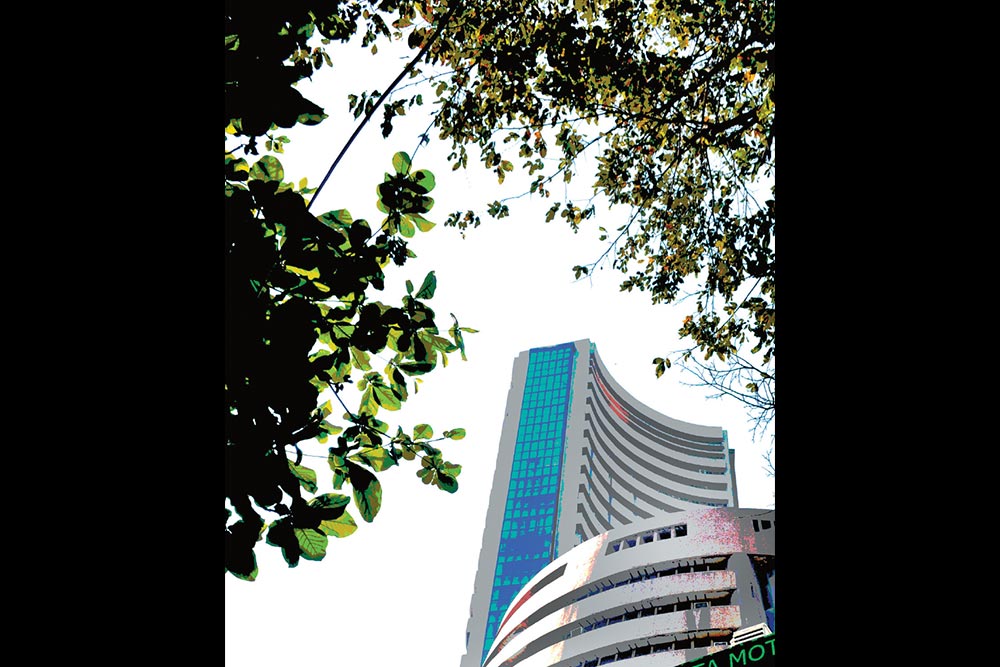After rallying for the past couple of months and crossing the 20,000 mark, the markets seem determined for a correction. While the year-to-date fall in the Sensex is less than 1%, the stress is visible in the mid-cap and small-cap indices, which have fallen by 6-9% over the same period. Could this mean a deeper correction is yet to follow in large-caps?
Typically, a fall in the mid-cap index is an early indicator of a possible downtrend across the board. Mid-caps not only tend to beat the markets on the upside, they tend to lead the fall and that too precipitously on the way down. That’s because mid-caps gain the most from a positive change in the economic climate and end up being the first victims of deterioration in business confidence.
This time, though, the reason for the slide in mid-caps is not entirely a reflection of the state of the economy. Over 2012, the BSE mid-cap index was up close to 40%, with most of the gains coming in the last quarter of the year. So, after the rally, a consolidation was bound to happen. Analysts feel that major investors must have shifted their funds from mid-caps and small-caps to frontline stocks after the better-than-expected results delivered by companies such as Reliance and Infosys.
While a sharp fall in mid-cap stocks could be the result of draw-down by investors to realign their portfolios in favour of large-caps, it is also attributed to revocation of pledges in many cases. As for large-caps, they are not as vulnerable to pledged shares; still, Anand Rathi’s Sandeep Shenoy asserts that a correction in frontline indices can’t be ruled out. “Many of the large-caps have exhibited strong traction in earnings but they may still not be out of the woods. Hence, earning glitches could be on the cards next quarter onwards. This, on the back of rich valuations, leads us to believe that bouts of correction would be a part of our markets for some time.”
That is not the unanimous view in the market, though. Jigar Shah, head of research at Kim Eng Securities, strikes an optimistic note when he says that the fall in growth in the economy and the corporate sector has bottomed out. “Unless there is an unforeseeable event in the global markets, I don’t see an immediate downside for the Sensex,” he points out.
Meanwhile, all eyes are on the Budget, scheduled to be tabled end-February. “Any major corrections will depend on the Budget, but perhaps that will not come to pass because with the upcoming general elections in 2014, the government will probably avoid upsetting the market,” says Shah. While market movement in the recent sessions point towards a decisive correction, there is no definitive view on whether corporate performance will get better or worse in the coming quarter. A sliding market ahead of the Budget means expectations from the finance minister are muted, and could set the stage for a positive surprise. Let’s hope it’s also something that the finance minister is preparing for.











